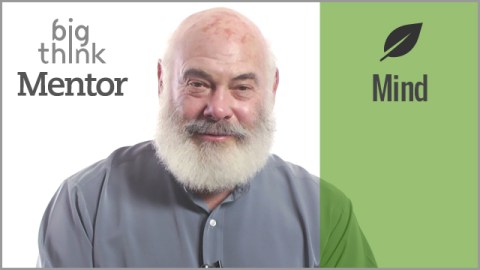Using What Works – An East/West Approach to Mental Health

Until the late 20th century, Western approaches to mental well-being focused mainly on treatments directly affecting brain function (via surgery, electric shock or pharmaceuticals, for example) or insight-oriented psychotherapy intended to unearth the root causes of mental distress and (hopefully) thereby end them. More recently, Western “cognitive behavioral therapy” has made great strides by focusing on quick, effective treatment of problematic behaviors, rather than trying to ferret out root causes.
For several thousand years, Eastern approaches have focused on proactive, self-directed self-care through meditation, breathing exercises, and the physical activities we in the West think of as “yoga” (though the term “yoga” technically covers a wide range of practices, including meditation). Leaving aside for the moment extreme pathologies like schizophrenia and clinical depression, a central difference in the two schools lies in the way they view mental illness – Eastern approaches treating emotional suffering as a universal human condition caused by delusions about the permanence of self. From this perspective, mental retraining and taking an active role in shaping your own psychology is seen as a universal need. Western approaches, on the other hand, treat psychological health as the norm and target pathologies individually, rather than as symptoms of a problematic worldview.
Dr. Andrew Weil argues that in spite of their differences both Eastern and Western psychology have developed effective techniques, and that integrative approaches to self-care that adopt practices from both traditions can be extremely effective. In “Retraining and Caring for the Mind,” the second video in his Sponteneous Happiness workshop for Big Think Mentor, Weil explains how mindfulness meditation, cognitive behavioral therapy, and positive psychology, when combined, can add up to a balanced approach to mental health.
Video: Dr. Andrew Weil offers strategies for a balanced approach to mental well-being.
In Spontaneous Happiness, his five-part workshop for Big Think Mentor, Weil teaches a program designed to protect and enhance emotional well-being through specific lifestyle changes. You’ll learn to:
– Take a holistic and realistic approach to unlocking “spontaneous happiness.”
– Integrate Eastern and Western approaches to positive psychology.
– Use specific breathing exercises and meditations designed to develop mindfulness
– Optimize your diet to support emotional well-being
– Build physical habits that support emotional well-being





